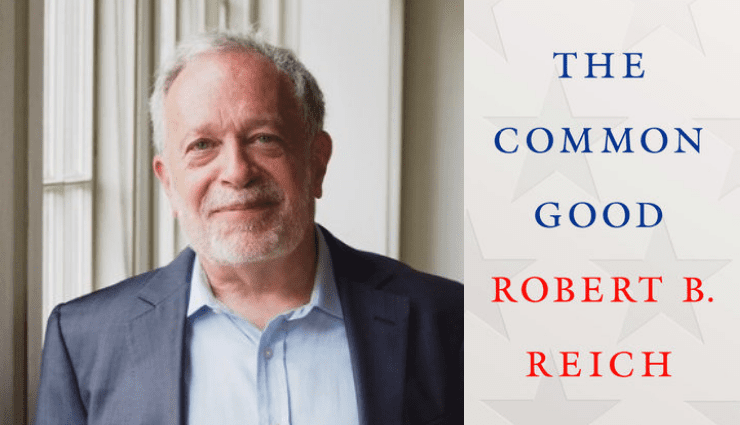How to lead our lives, function and prosper in an increasingly polarised world?
Finding the ‘Common Good’: Caring for each other and working together

As the readers of the GCGI.INFO are well aware, since our founding in 2002, in all these years, the heart and the soul of our project has been a better understanding of the concept of the common good and taking action in its interest to enable and empower ourselves to build a better and fairer world.
Working globally with many accross the world, I know this to be true for all our partners, they all understand their core public purpose —to serve the common good, which is why I get up each morning excited to support them in this essential work via all we do at our GCGI.
Needing a break from the political firestorm of late, I picked up a wonderful recent book by Robert Reich, “The Common Good” that focuses intelligently on hope for the future, desperately needed and hugely timeless, especially at these very difficult times.
I am particularly very pleased to see that Reich includes EDUCATION in his calculus, a subject very close to my own heart.
Reich is a professor of public policy at the University of California, Berkeley, has served in three national administrations, and has written more than 15 books on social and public policy issues. In “The Common Good,” he argues that the nation would benefit greatly from reviving the conversation on what we see as the fundamental elements of the common good. But a central part of identifying, ensuring and sustaining the common good, he makes clear, is quality education for all.
The kind of education the nation serves up for children matters deeply, notes Reich so candidly:
“This sense of a common good also embraces public education — but not as a personal investment in getting a good job after one’s education is complete. Education is a public good that builds the capacity of a nation to wisely govern itself, and promotes equal opportunity. Democracy depends on citizens who are able to recognize the truth, analyze and weigh alternatives, and civilly debate their future, just as it depends on citizens who have an equal voice and equal stake in it. Without an educated populace, a common good cannot even be discerned. This is fundamental.”
Buy the book HERE
Read a Review by Michael J. Sandel HERE
